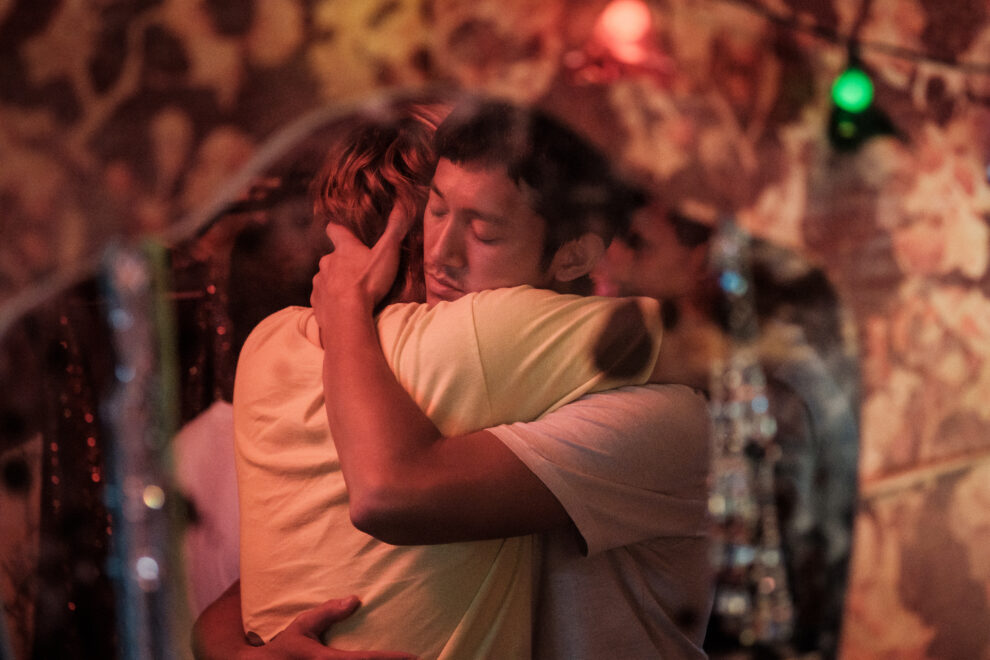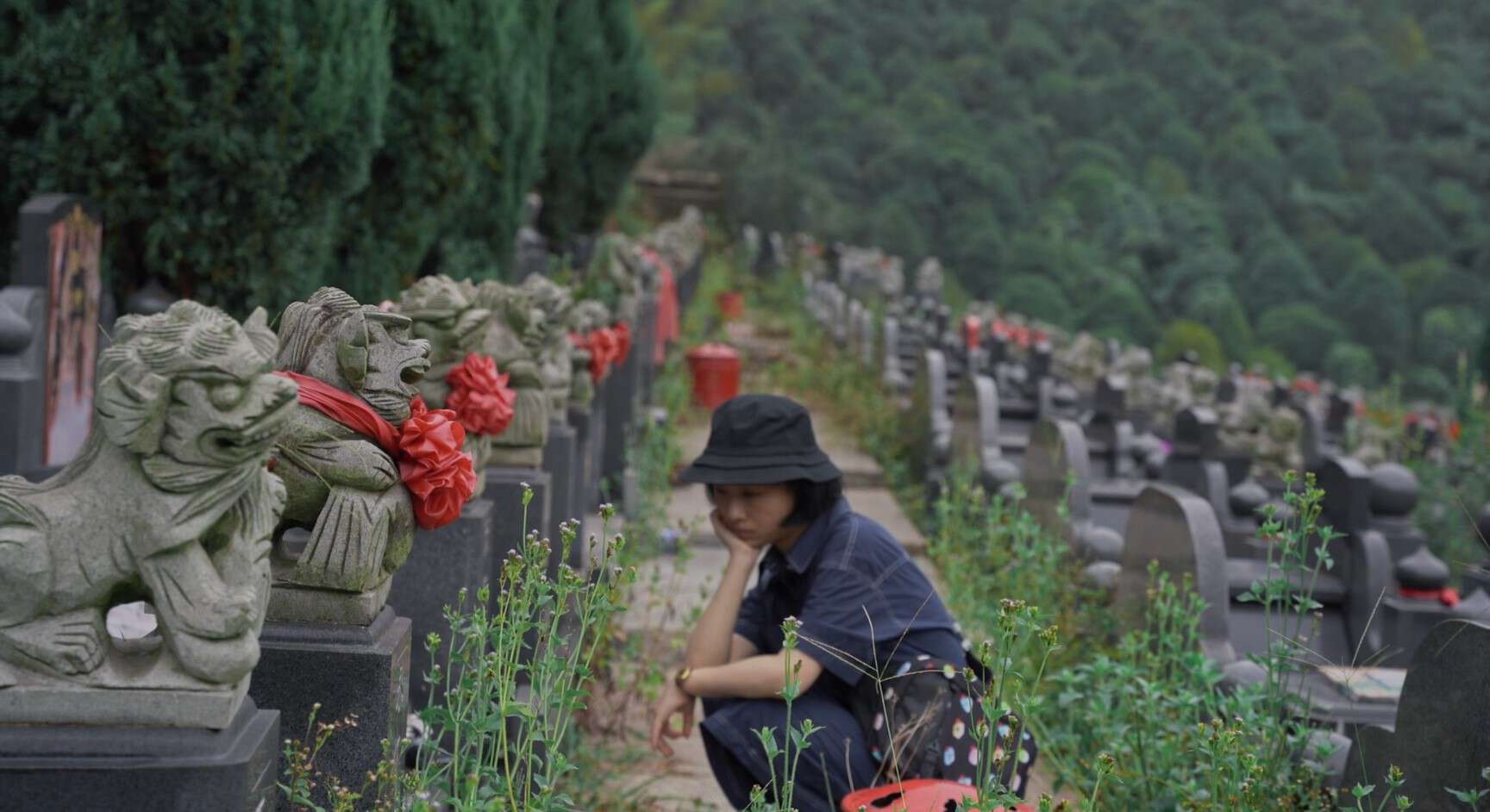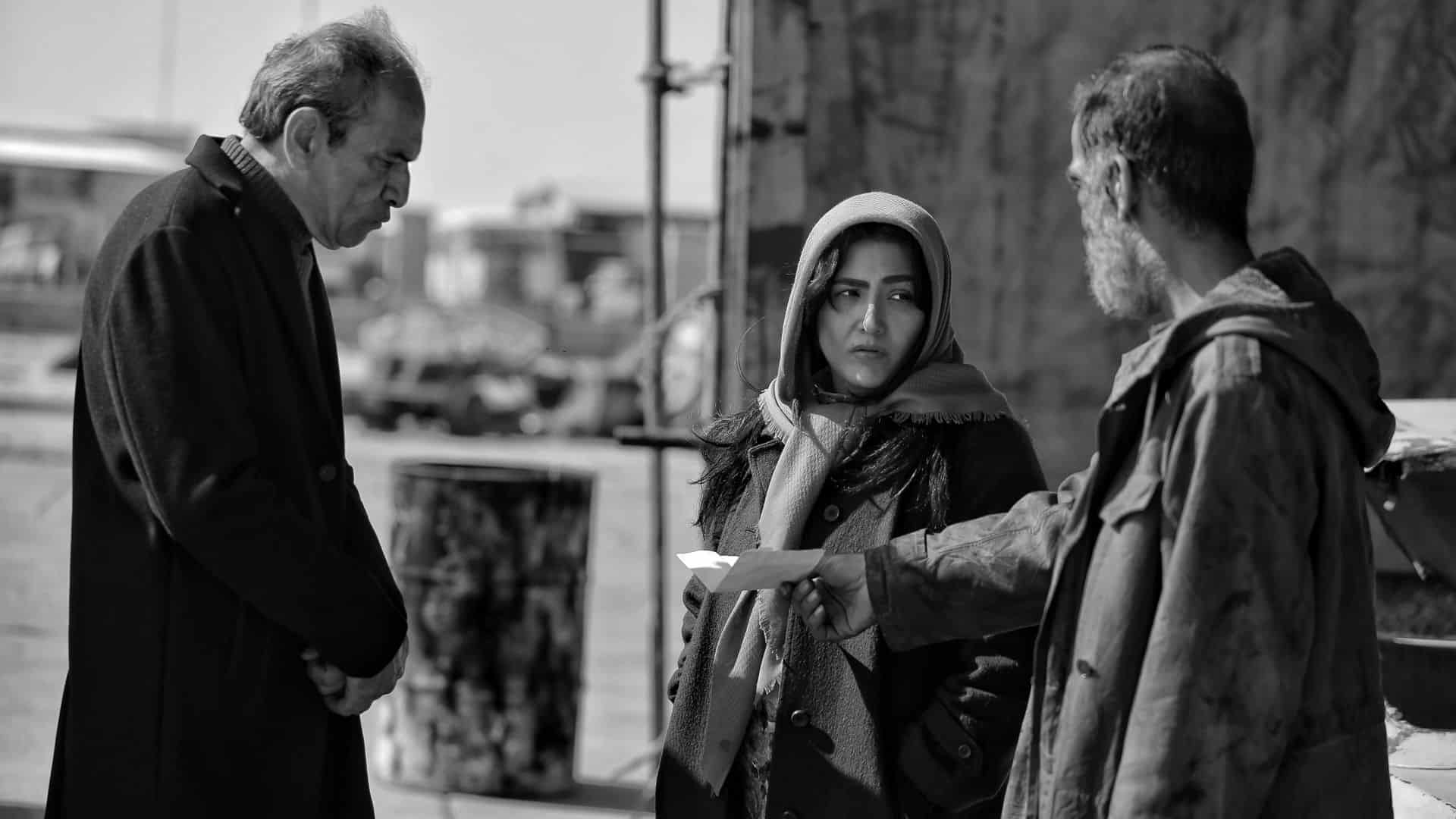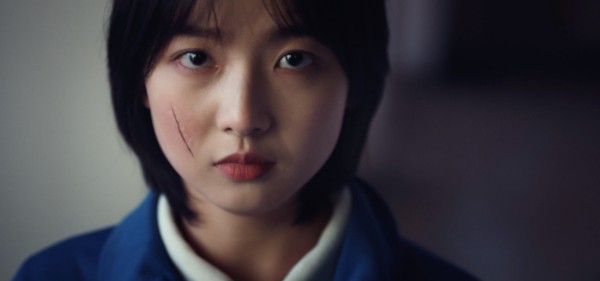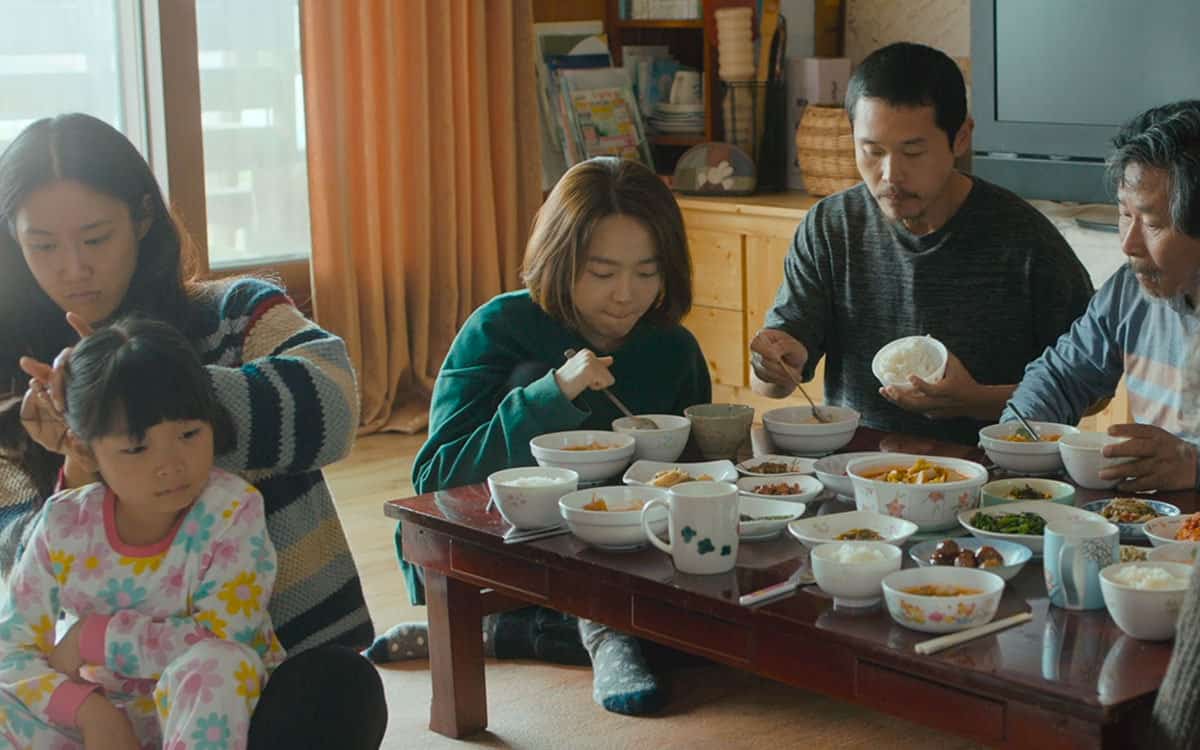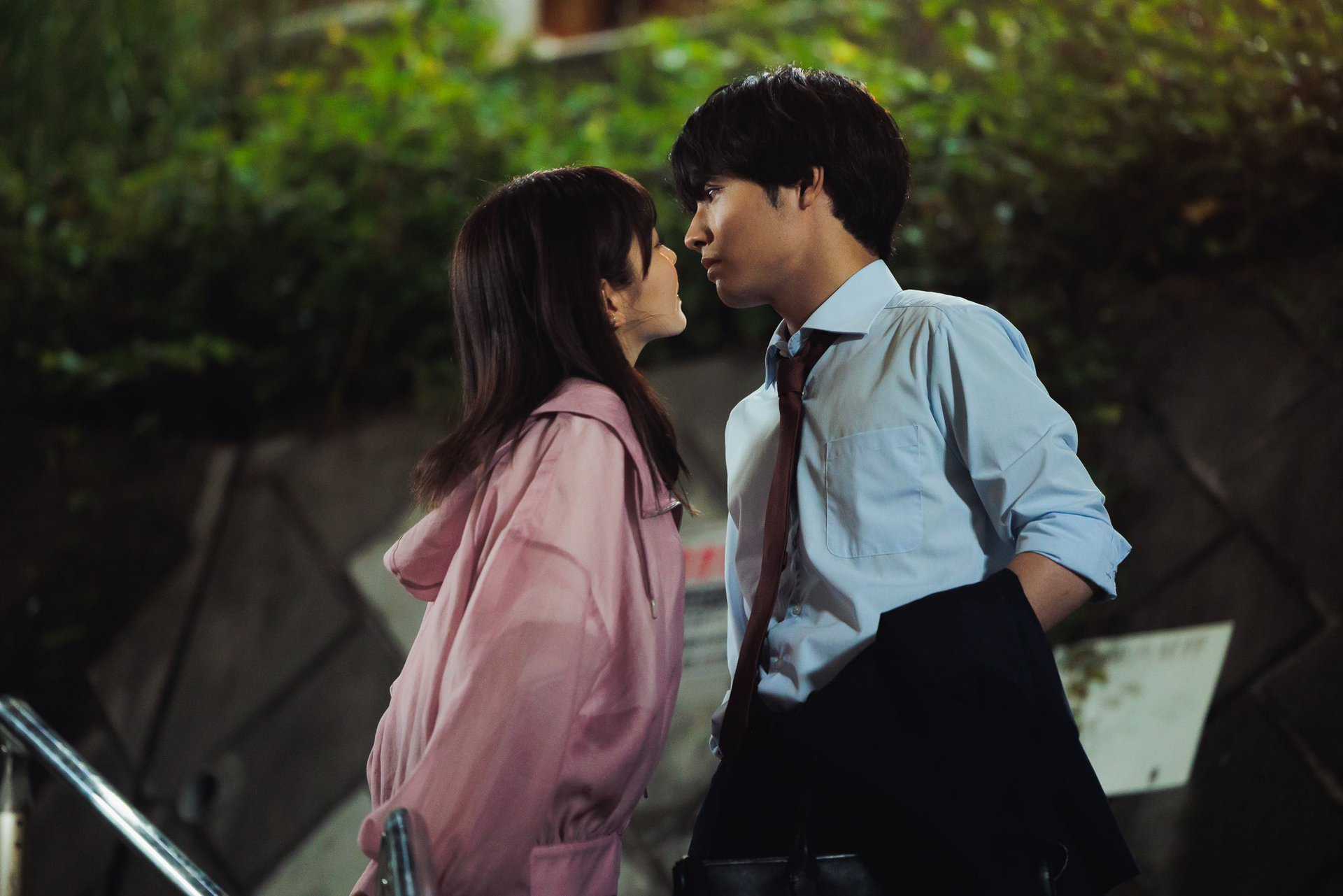Malaysian first-time director and former music and film producer Jin Ong was the superstar of the closing ceremony of Udine Far East Film Festival 25, last week, bagging three Mulberry Awards and a standing ovation from an overexcited audience, with his social relevant film “Abang Adik”. The film won the Audience Award, the Best First Film Award, and the best Screenplay Award; an additional ideal award could be added to the lot, as “Abang Adik” was also the first Malaysian film ever awarded at FEFF.
“Abang Adik” screened at Udine Far East Film Festival
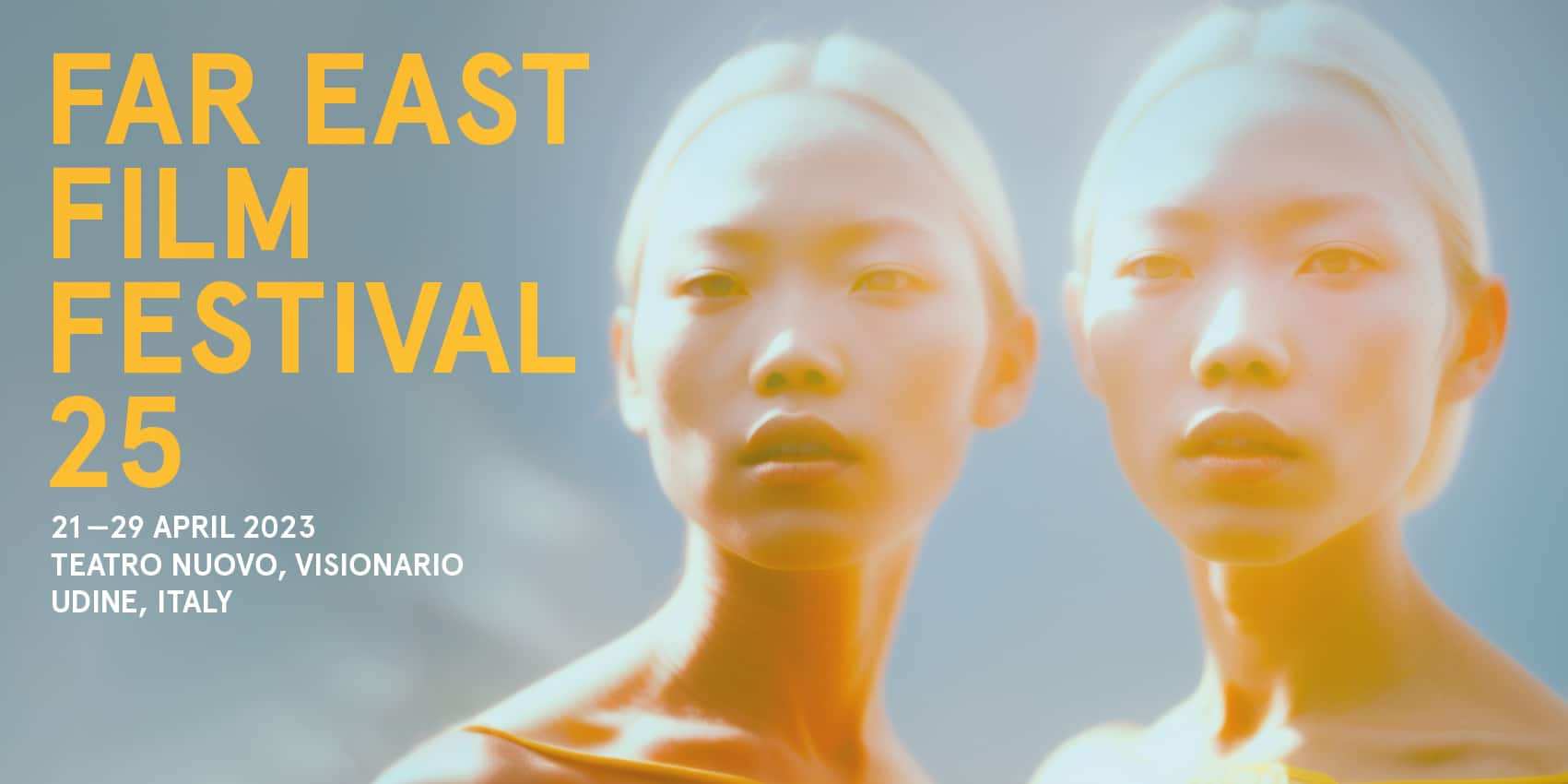
The post-pandemic trend of reflecting about family bonds, makeshift families, broken families, and their relevance in our lives has undoubtedly flavoured this year's line-up at Udine Far East Film Festival and “Abang Adik” is no exception. The film follows the lives of two young men, Abang (Wu Kang-Ren) and his brother (or is it him?) Adi (Jack Tan), in Pudu Pasar, the degraded market district of Kuala Lumpur. A shockingly harsh opening sequence shows Adi in the middle of a migrant smuggling operation where he is acting as a middleman for a shady boss (a cameo appearance from Bront Palarae). The operation goes horribly wrong, costing the life of a man and leaving Adi free from police attention, but not from the furious migrants that had paid him for nothing.
His brother Abang though, is the polar opposite of Adi. Deaf and mute from birth, he is a fundamentally honest person, resigned to the life of poverty that fate has assigned to him, and determined to live a decent life through his work. On the contrary, Adi is angry and refuses to accept his destiny; he wants money and is prepared to obtain it in any illegal way, even selling his body. Their bond is strong as they only have each other; Adi always gets in troubles and Abang is always there for him. Ageing transgender prostitute Money, who lives in the same council block, has been a sort of mum for them in recent times, sharing a bit of love with the two invisible brothers. Invisible indeed, as being orphans and undocumented, they are in no better position than any migrant, despite their true Malaysian nationality. Abang is trying to obtain a regular ID card with the help of a dedicated social worker, Jia En, while Adi is planning to buy a fake one once he's made enough money, but a dramatic accident puts in serious jeopardy their hope for an escape of any sort.
Defying strict genre boundaries, “Abang Adik” (literally, older brother and younger brother in Malay language) starts as a slice-of-life in the slums of Kuala Lumpur and just before deviating into poverty-porn, it surprisingly converts into a noir and a thriller with tones of melodrama. Ong places his symbiotic brothers in a metropolis where the fringes of humanity struggle to find an identity; however, their personalities, through the unravelling of the story, become increasingly strong and deeply touching, creating two characters you'll inevitably end up caring about. Simple gestures and rituals, like the habit of cracking boiled eggs on each other forehead (it is more graceful than it sounds!) show the bond and the habits formed by growing up together and sharing everything. In a short episode in the second half, Abang risks to get irreparably lost because of his disability but it doesn't happen because of the brothers' almost telepathic connection. A complete three-act piece – intro, shock, and relief – a 2-minute film within the film, about natural connections. However, when the plot gets thicker, the interaction between the brothers acquires a whole lot of complex psychological facets, exploring their emotional dependence – as they are to some degree dependent on each other – and the painful yet inevitable process of partition.
A harsh social commentary is at the heart of “Abang Adik” and particularly effective is the parallel between immigrants and the lives of the 2 young men who, despite being Malaysian but without documents, are relegated to the same life of fear and uncertainty; they are invisible people, hidden in the crevices of an indifferent society.
Model Wu Kang-Ren and pop singer Jack Tan (seen in “Shuttle Life”, produced by Jin Ong), in the roles of Abang and Adi are incredibly synchronised and skilled, making their performances both very believable and rich of pathos; Wu Kang-Ren in particular, who delivers the most harrowing monologue in sign language at the end of the film. A long emotional embrace between Abang and Adik is another unforgettable scene and a sample of their great physical chemistry. Kartik Vijay's photography and Katayama Ryota's soundtrack provide a significant emotional component. Colours are dense and almost tactile, and tones of okra, like a spicy curry, imbue the whole film, only to turn darker and colder in the more melodramatic parts. The music, which is sparse and measured most of the time, intensifies at the end, a powerful and yet discreet boost of the drama's climax.
Despite dragging a bit too long the final compelling coda – which could have been shorter and equally effective – “Abang Adik” is an accomplished debut in scriptwriting and directing for Jin Ong. A polished, charming and moving labour of love.


